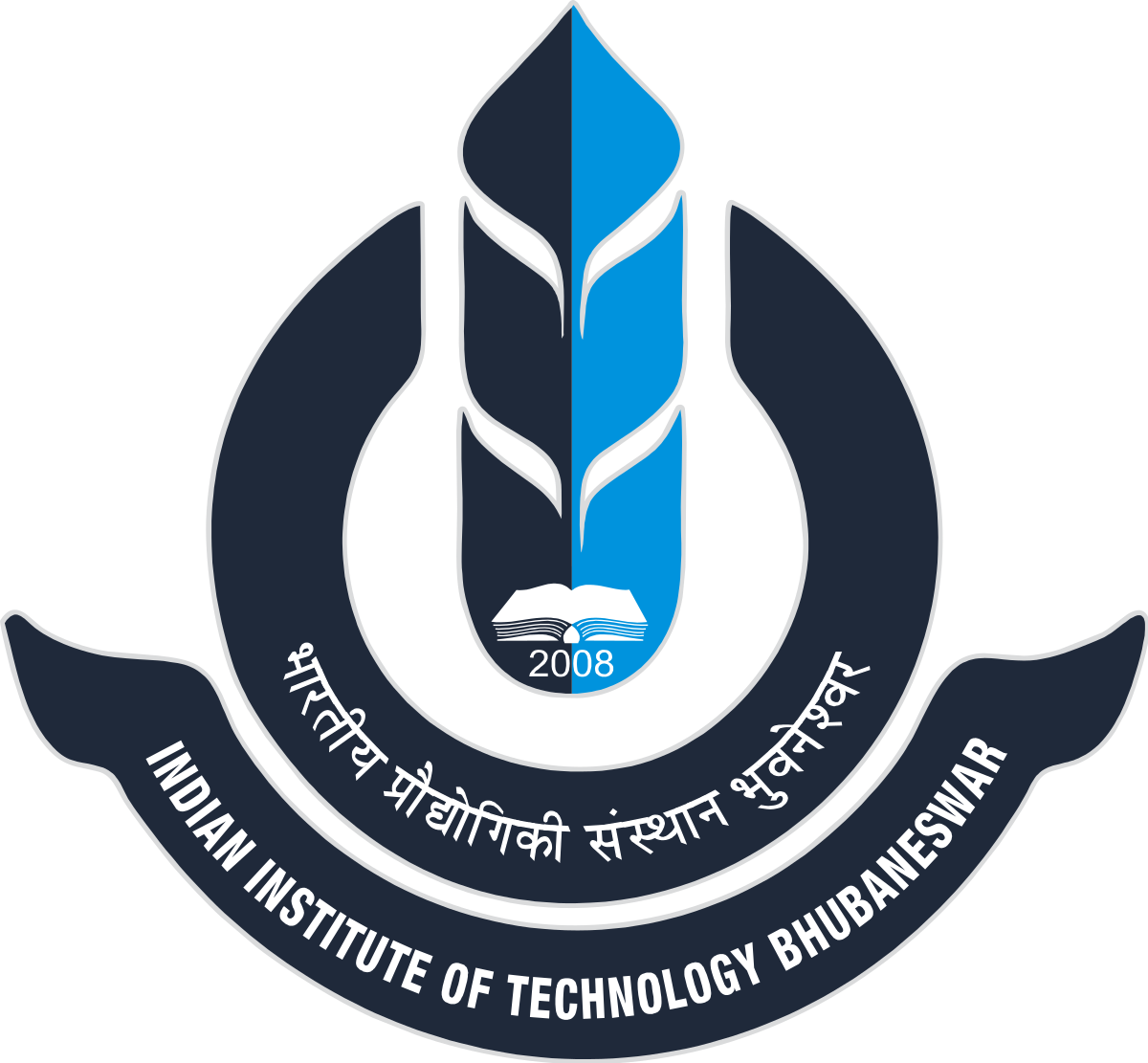The Institute’s Hopes and Expectations
The sections that follow provide an overview of what is expected from you as well as an introduction to the various activities that you will like to participate as a faculty member. However, you will always be able to get advice in this regard from senior faculty colleagues.
When you join, the Institute offers certain facilities to make it easier for you to settle in and get your research up and running successfully.
- A seed grant of up to ₹ 20,00,000 (applicable to Assistant Professor).
- Facilities: A faculty cabin with an appropriate area and laboratory space to be identified by the department/school before he/she joins and made available on joining.
- Reasonable teaching and administrative load.
The Institute has expectations from the new joinees in return.
- At least one external grant request must be submitted within the first six to eight months of employment as PI.
- Demonstration of research output in terms of laboratory development and publications as applicable to the faculty member’s type of work.
- Evidence of research guidance (in the form of PhD scholars and finished Masters’ projects) within a suitable time frame.
- Ensure your availability in the department at least during 9am-5pm on working days.
Teaching, Research, and Service are the three core contributions made by the faculty members to the Institute. Faculty members will be evaluated in the following three areas as appropriate to their position: (i) Sponsored Research/Industrial Consultancy and/or Professional Development; (ii) Teaching; and (iii) Service. The Institute recognizes that every faculty member offers a unique combination of accomplishments relative to the criteria listed above, depending on academic field, specialized scholarly interests, varying professional opportunities, and responsibilities for teaching, laboratory and field work. However, while relative weights may vary, all faculty members are expected to be active in each of the three areas over time,
1. Teaching
Teaching is a core activity of the Institute and all faculty members are expected to achieve excellence in this role. The faculty members are expected to teach at least one theory course that contributes to the teaching load of each semester. Finally, all faculty members are expected to engage regularly in activities designed to enhance the effectiveness of their own teaching.
Teaching Portfolio: Evidence of Teaching Effectiveness
The Institute plans to take steps to enhance the quality of teaching-learning. For this, every faculty member will be required to create a “Teacher portfolio” for each course taught by him/her. At the time of the review connected with career advancement, the faculty will be expected to produce this document towards his or her teaching success. Research shows that the quality of problems presented and feedback on student performance during a course has a significant impact on how well students learn to solve real-world situations. Hence faculty will be expected to pay due attention to designing and posing problems and providing feedback to students. Additionally, the faculty will be expected to seek and then reflect upon the feedback on their teaching from both students and peers as a means of improving their teaching effectiveness. The following are the points to be included while creating “Teacher portfolio”: Click Here
2. Sponsored Research/Industrial Consultancy and/or Professional Development
Faculty members should to take an active role in undertaking sponsored research and consultancy projects addressing issues/challenges faced by the industries/societies. Participation in professional societies, seminars, and colloquia that are pertinent to the person’s academic interests or their educational pursuits are examples of professional development activities.
3. Service
All faculty members are expected to participate in activities at the department/school, institute, and overall levels that significantly advance the Institute’s mission and vision. Faculty members are also expected to use their specialized knowledge to address regional, state, and national challenges. Active participation in various community services is encouraged.
